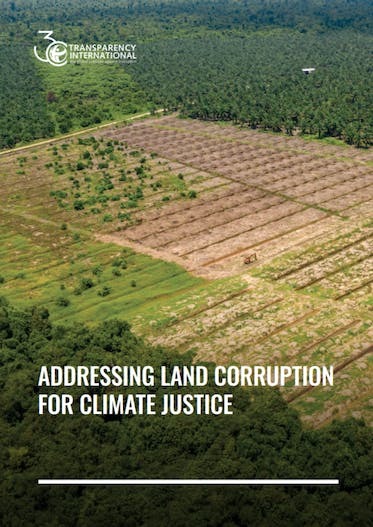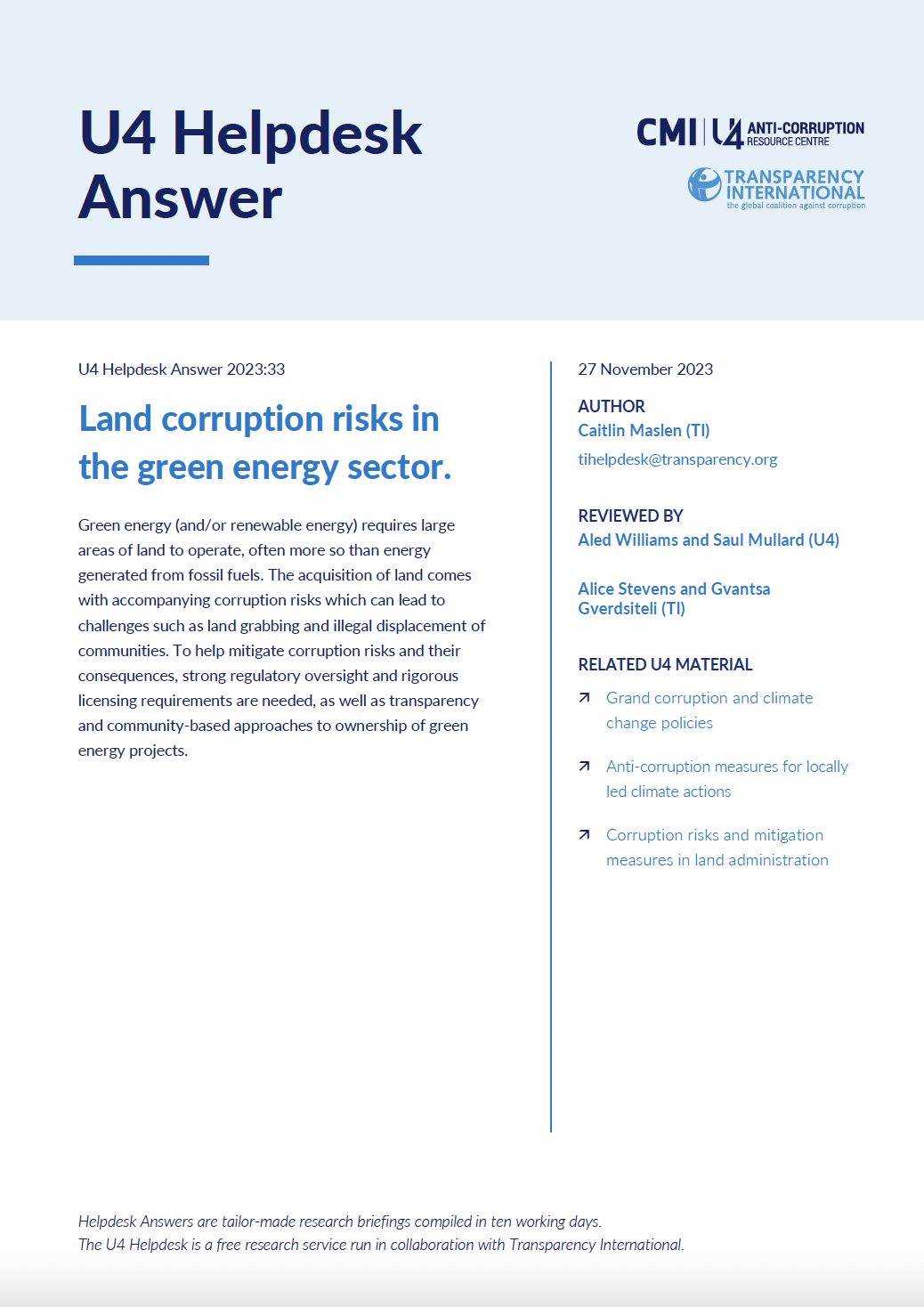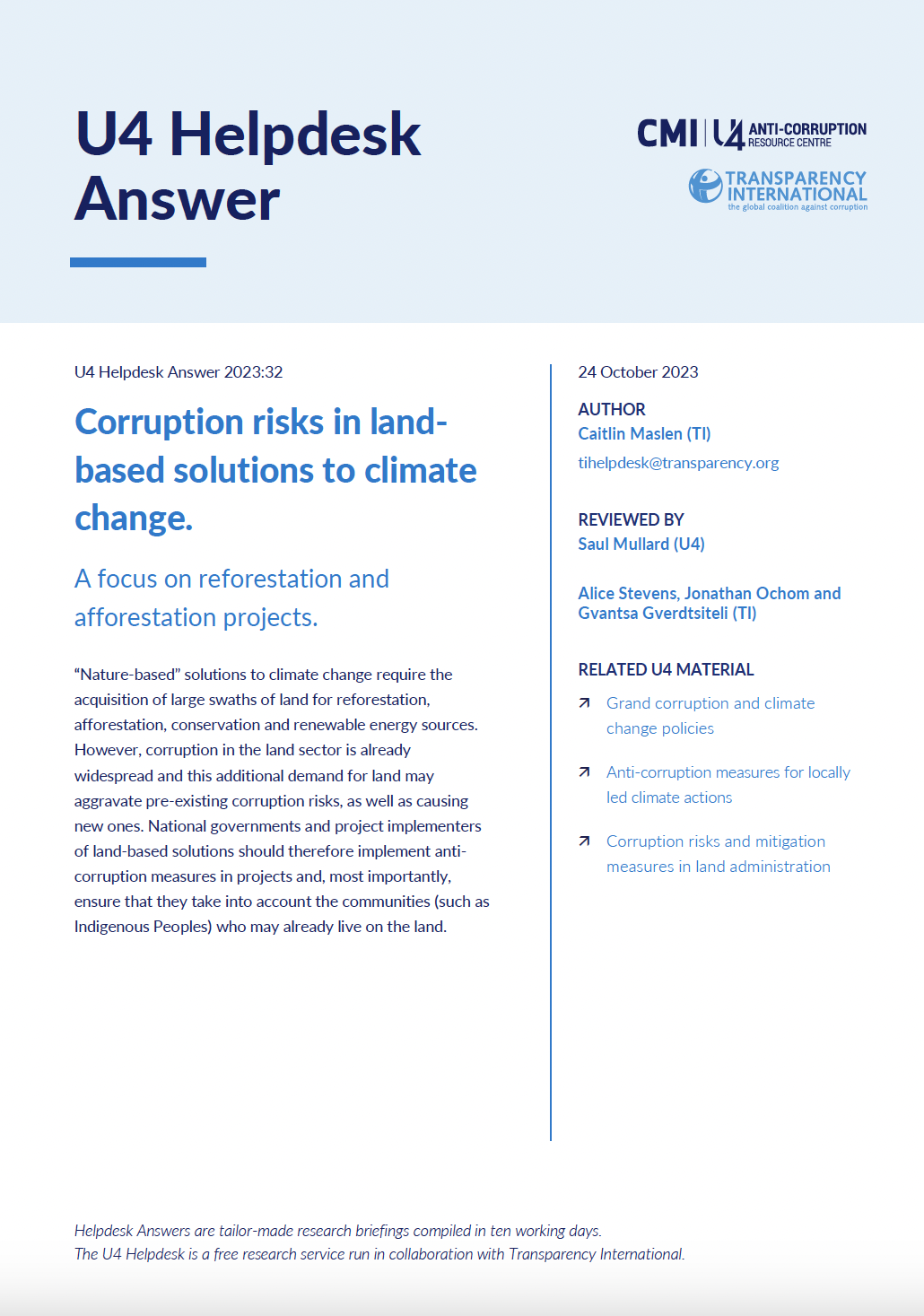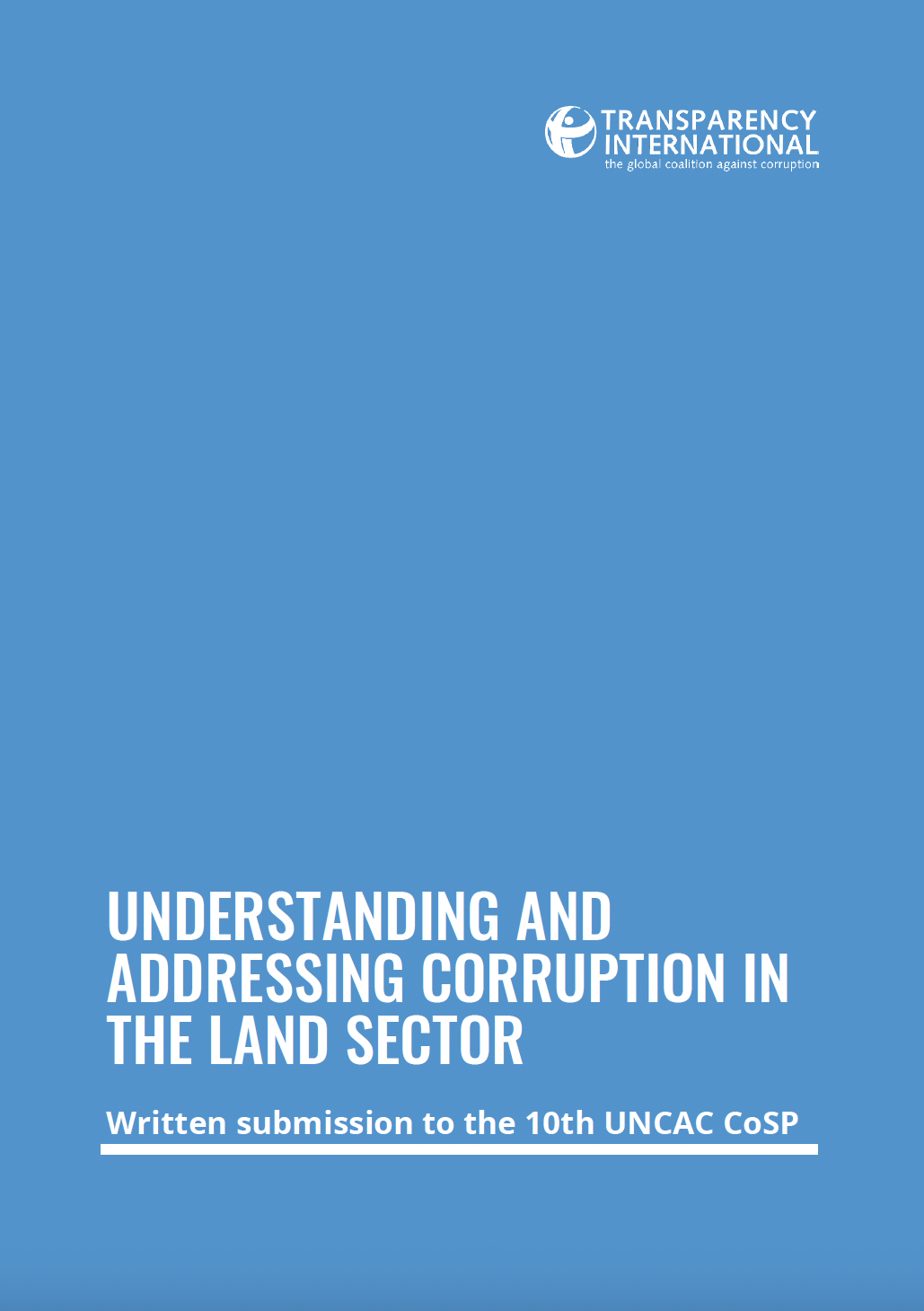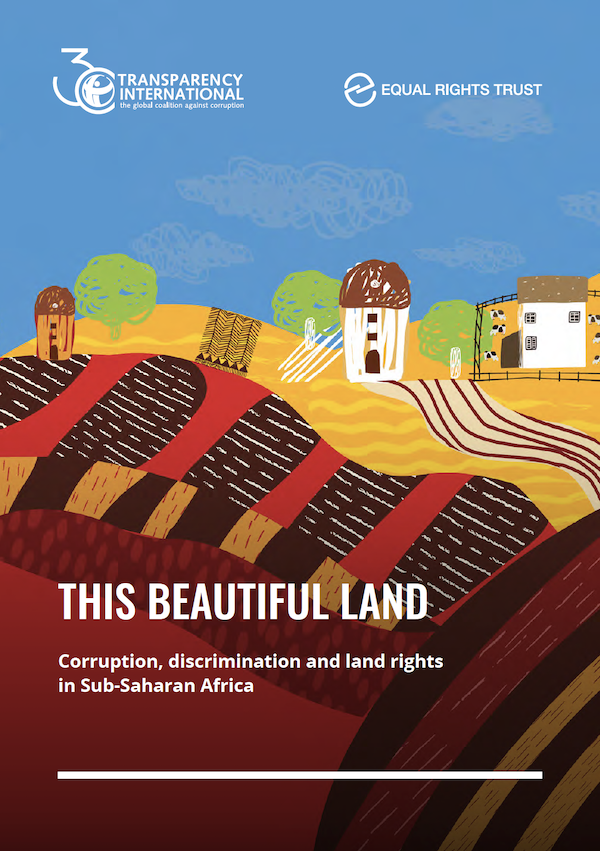Home is Where Climate Resilience Should Be Built: A Case Study of Climate Resilience in the Indigenous Munda Community in the South Western Coastal Area of Bangladesh
This case study challenges assumptions that disaster-hit communities that have lost their houses and possessions would willingly pack up and leave, believing that it is easier to migrate than to remain in their communities. However, for indigenous people like the Munda in Shyamnagar sub-district, migration is not the answer to achieving climate resilience. Because their lives are inextricably linked to their ancestral home, uprooting themselves exacts a toll on their identity and undermines the continuity of their culture and traditions.


